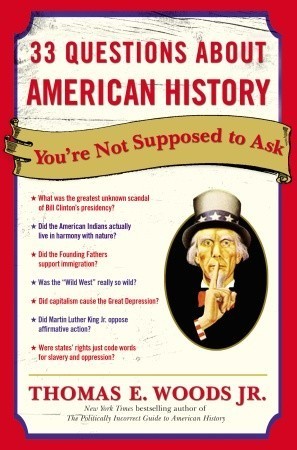What do you think?
Rate this book


325 pages, Paperback
First published January 1, 2007
Austrian business cycle theory explains what causes the initial downturn, but just how long and severe the depression will be depends on the government's response. If out of misplaced humanitarianism or just plain ignorance the government hinders the liquidation process - by baling out failing businesses, propping up wages, or artificially stimulating consumption - the recovery will be much slower and more painful. Government-sponsered emergency loans merely prop up the unsound investment projects undertaken during the boom and the misdirected resources being squandered on them, and thus only intensify the problem. Wages and prices must be allowed to fluctuate freely so that labor and capital may be moved rapidly into lines that make sense in terms of prevailing economic conditions.